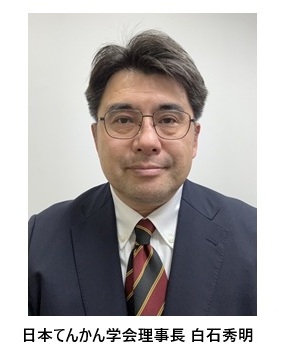| Presidential Remarks |
Greeting from the Newly Elected President
Hideaki SHIRAISHI, MD, PhD Presidential remarks from Japan Epilepsy Society At the 58th Annual Meeting of the Japan Epilepsy Society held in October, I was appointed as the President. I am committed to leading the Society so that people with epilepsy can live healthy and happy lives. I aim to carry on and further develop the Japan Epilepsy Society, which has made significant contributions to the global anti-epilepsy movement thanks to the efforts of previous Representative Directors, Dr. Akio Ikeda and Dr. Kensuke Kawai. In particular, I intend to make the promotion of IGAP, a key initiative of the WHO, our highest priority. IGAP aims for 90% of people worldwide to be aware of epilepsy, for 80% of people with epilepsy to receive appropriate treatment, and for 70% to have their seizures well controlled. Epilepsy has a prevalence of 1%, and about one million people in Japan struggle with epileptic seizures. I believe it is the responsibility of the Japan Epilepsy Society to foster an environment where people with epilepsy are properly recognized by society, can actively participate, and receive appropriate treatment. We will work together not only with Society members but also with the Japan Epilepsy Association and companies striving to provide proper epilepsy treatment, with the goal of building an optimal medical environment. Hideaki SHIRAISHI President of Japan Epilepsy Society
|

